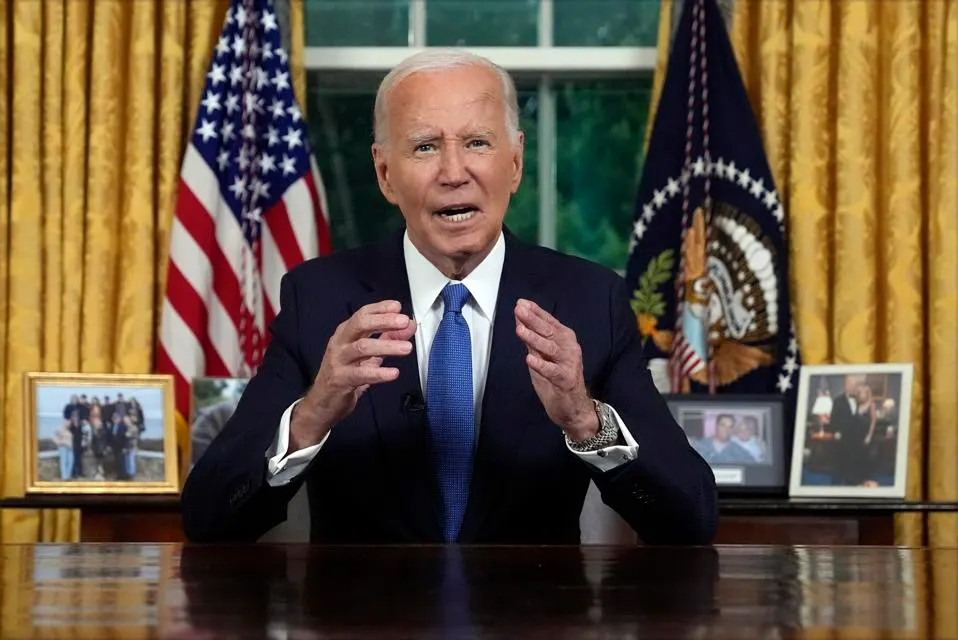South Africa Weighs Response to Trump’s New Tariff Threats
South Africa faces fresh economic challenges as Donald Trump announces another wave of trade tariffs targeting international markets. The president-elect’s latest protectionist measures could significantly impact South African exports to the United States.
Trump’s tariff proposals threaten key South African industries, including mining, agriculture, and manufacturing sectors. These industries collectively employ over 2.5 million South Africans and contribute approximately 15% to the country’s GDP. The automotive sector, which exports $2.8 billion worth of vehicles annually to the US, faces particular vulnerability.
However, South African trade officials identify potential advantages in navigating these trade tensions. The country’s diverse export portfolio spans multiple continents, reducing dependence on any single market. South Africa maintains strong trade relationships with China, the European Union, and emerging African markets through the Continental Free Trade Area.
The rand’s recent depreciation against the dollar could make South African goods more competitive despite tariff increases. This currency advantage may offset some negative impacts on export revenues.
Business leaders emphasize the need for strategic adaptation rather than confrontation. South African companies are reportedly exploring alternative markets and supply chain adjustments to minimize disruption.
The government plans to engage with Trump’s administration through diplomatic channels while simultaneously strengthening trade partnerships with other nations. This dual approach aims to protect South African economic interests while maintaining crucial US trade relationships worth $18 billion annually.










